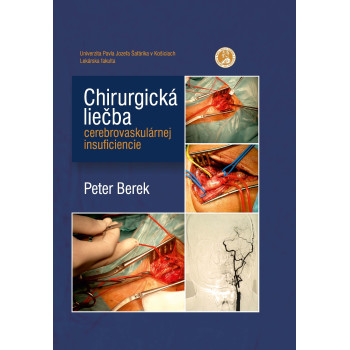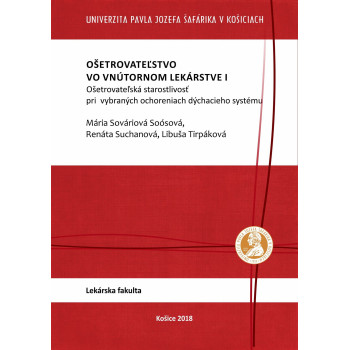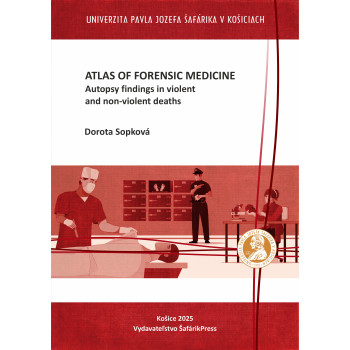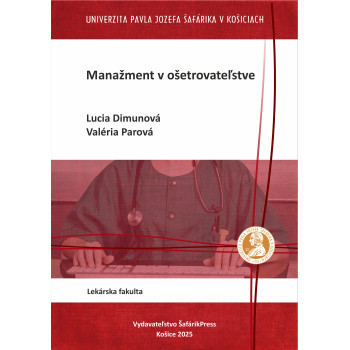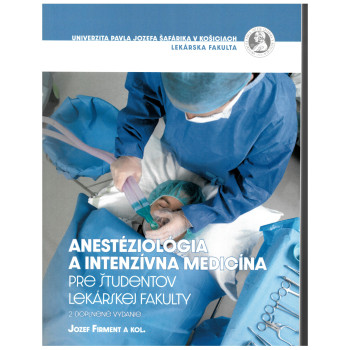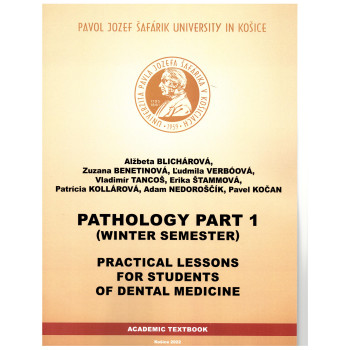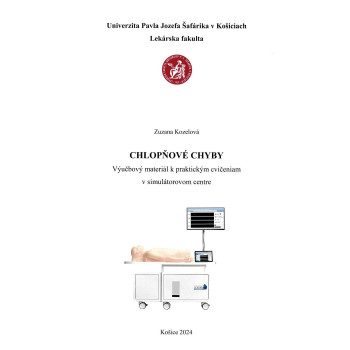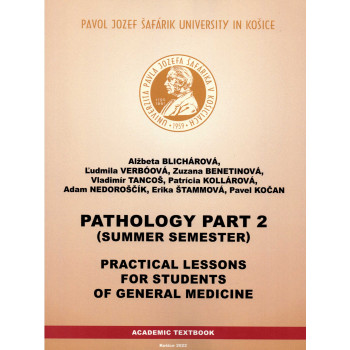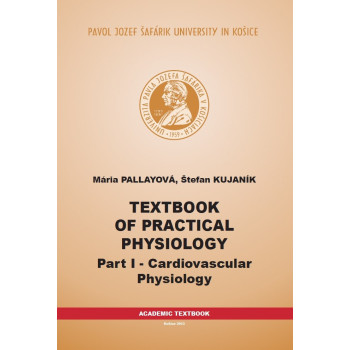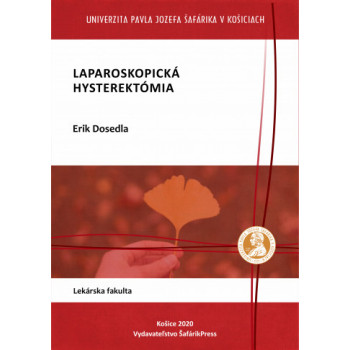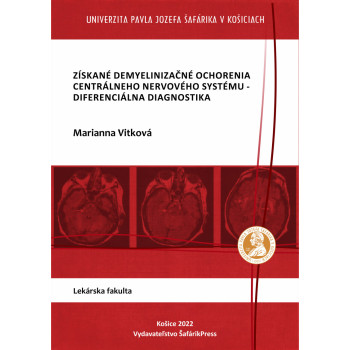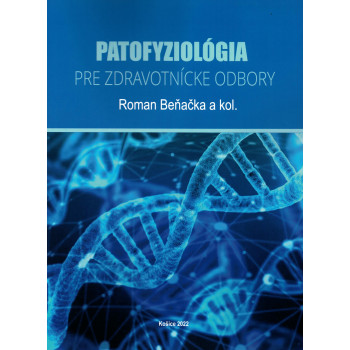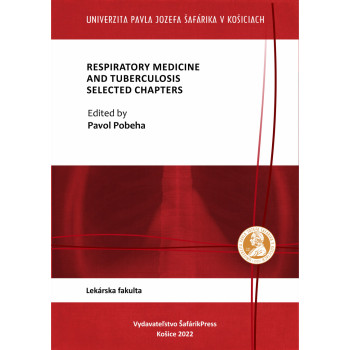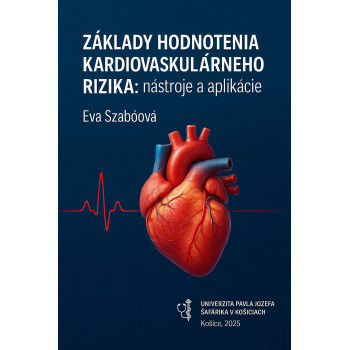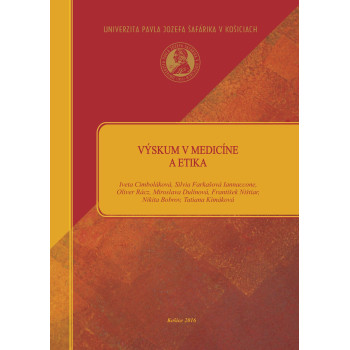
Chirurgická liečba cerebrovaskulárnej...
S vývojom endovaskulárnej chirurgie dochádza postupne k rozvoju stentingu ACI. Minimálne invazívny prístup spravil túto metodiku vhodnú pre pacientov s vážnymi konkomitatnými kardiálnymi alebo pľúcnymi ochoreniami. Ďalšou výhodou v porovnaní s chirurgickou liečbou bol lepší prístup k ACI u pacientov po rádioterapii, po predchádzajúcich operáciách na krku, ale aj u pacientov so stenózami blízko lebečnej bázy. Porovnanie CEA vs CAS je zaujímavou a diskutabilnou témou mnohých štúdií. Avšak, aj napriek celosvetovému mohutnému rozvoju endovaskulárnej liečby karotická endarterektómia ostáva zlatým štandardom liečby stenózy ACI u symptomatických aj asymptomatických pacientov.
V tejto monografii by sme radi akcentovali a systematizovali problematiku chirurgickej prevencie CMP z pohľadu cievneho chirurga.



